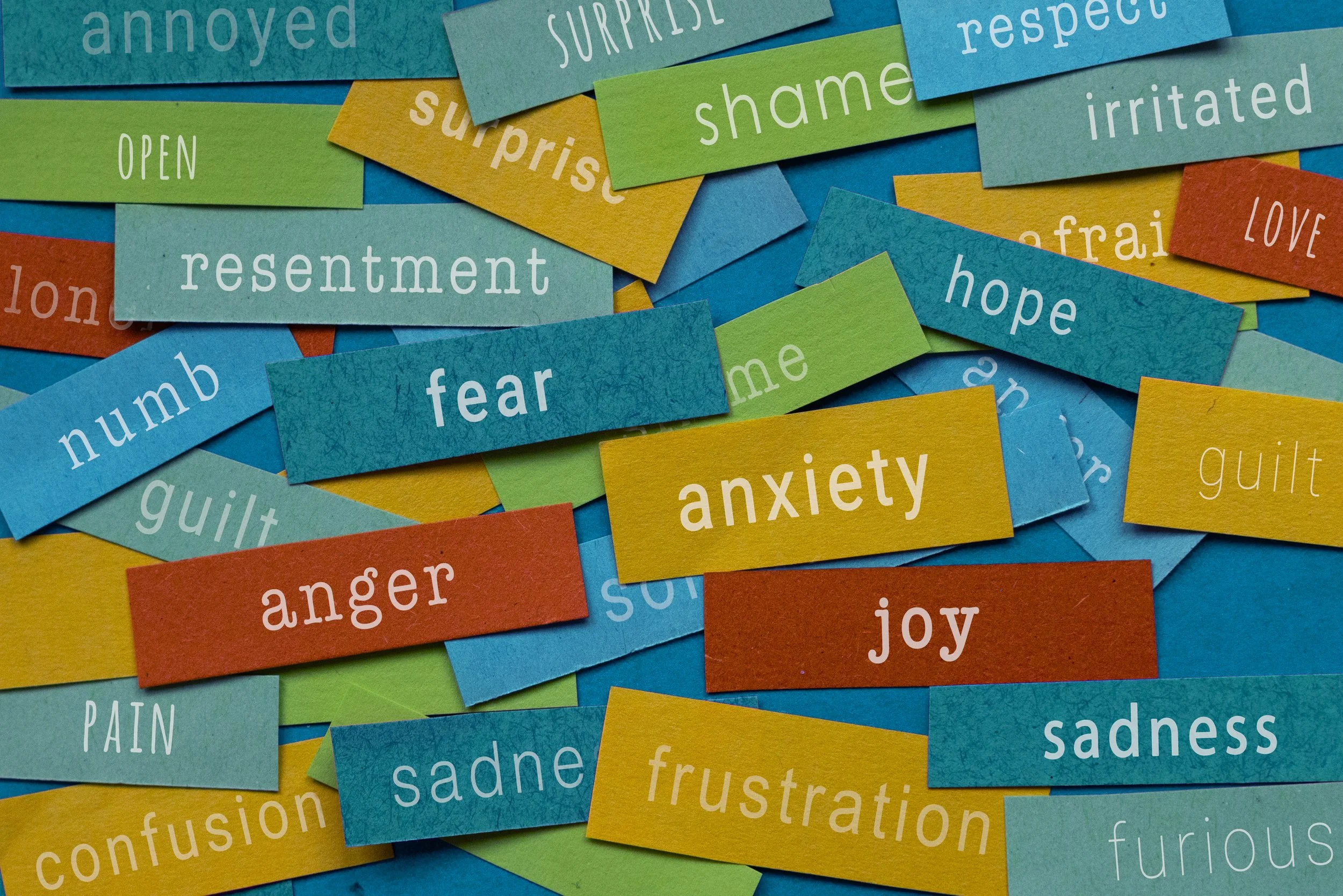4 Strategies to Reduce Social Comparison and Cultivate Inner Peace
In today’s fast-paced world, it can often feel like we’re stuck in a never-ending race, constantly chasing the successes of others, trying to measure up, or feeling like we’re somehow falling behind. Whether it's career milestones, lifestyle upgrades, or personal achievements, the pressure to "keep up" can take a toll on our mental and emotional well-being.
But what if there were a better way?
Finding peace and fulfillment starts with recognizing your own worth, slowing down, and consciously stepping away from the comparison trap. Below, we’ll explore four simple yet powerful strategies to help you decrease social comparison and reconnect with your own path.
1. Acknowledge and Name Your Emotions
The first step toward reducing the impact of comparison is simply being aware of how you're feeling. If you find yourself experiencing jealousy, sadness, or frustration when you compare yourself to others, acknowledge it without judgment.
Try one of these approaches:
Say the feeling out loud or silently in your mind.
Write about it in a journal.
Reflect on what triggered the emotion.
When you’re honest with yourself about what you’re experiencing, you take back control. Naming an emotion gives you the space to respond to it more thoughtfully, instead of being ruled by it.
2. Limit (or Mindfully Use) Social Media
Let’s be real, social media is one of the biggest engines of comparison. While it connects us, it also bombards us with curated versions of other people’s lives. This can make it seem like everyone else is doing better, faster, or more than we are.
Here’s what you can do:
Set time limits for apps that trigger comparison.
Unfollow or mute accounts that spark negative self-talk.
Follow people who promote honesty, growth, or self-compassion.
It’s not always about quitting social media altogether—it’s about creating a more mindful, intentional experience with the content you consume.
3. Challenge the Thought in Real Time
Once you notice the emotion and the trigger, the next step is to actively challenge the thought that follows.
For example:
Thought: “I’ll never be as successful as them.”
Challenge: “Their journey is not mine. I’m allowed to move at my own pace.”
You have the power to interrupt the narrative in your head. With practice, challenging automatic thoughts can become second nature, and you'll start replacing harmful inner dialogue with truthful, supportive self-talk.
4. Set Personal, Purpose-Driven Goals
When we compare ourselves to others, we often lose sight of what we truly want. One of the most effective ways to move beyond comparison is to focus on goals that are meaningful to you.
Ask yourself:
What matters most to me, not to others?
What small, realistic goal can I work on this week?
How do I want to feel about my life, regardless of outside achievements?
When you create your own definition of success, you stop chasing someone else's version of it. And in doing so, you build a life that brings peace, not pressure.
Final Thoughts: You Are Powerful
Remember: You are a powerful person. Your thoughts have power. And so do your choices.
Letting go of constant comparison doesn’t mean you stop growing—it means you start growing in the direction that’s right for you. Give yourself permission to move forward with self-respect, mindfulness, and intention.
You’re not behind. You’re exactly where you need to be.







